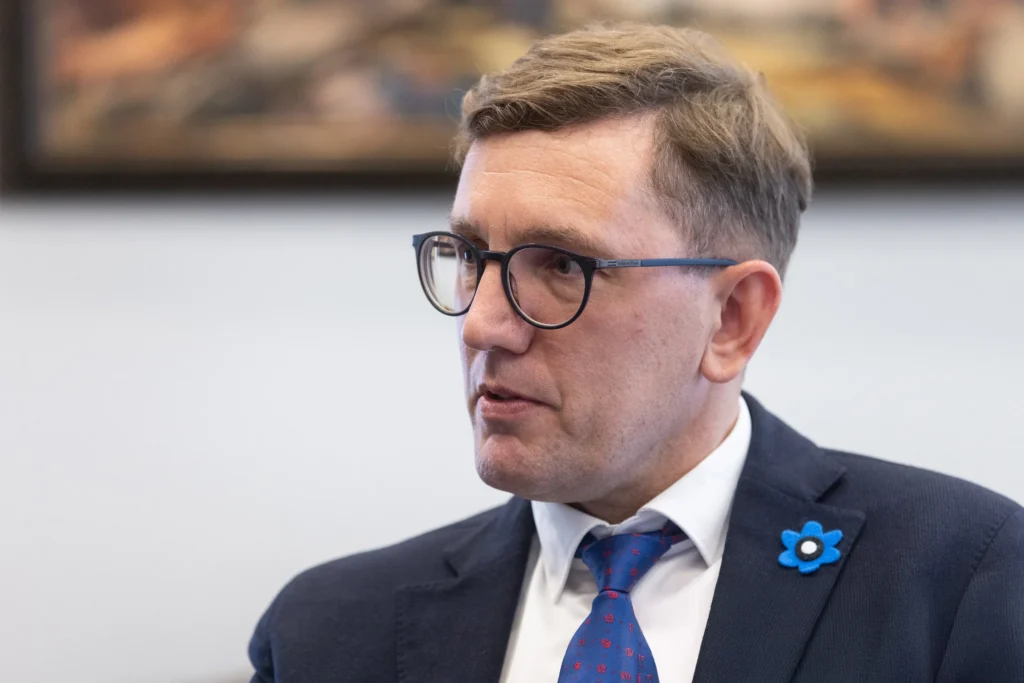Bankers ask not to enter a fee for some requests via SMEV

Bankers are asked not to enter a fee for some requests through the system of interagency electronic interaction (SMEV). Now the system operates free of charge for all participants, the number of requests entering it is constantly growing and already reaches 100 billion per year. Plans to make requests through SMEV paid in the draft government decree. Bankers claim that their expenses as a result will increase by tens of billions of rubles a year.
As it became known to Kommersant, the Association of Banks of Russia (ABR) has prepared a review for the draft government decree, which plan to introduce a fee for applying through the SMEV. The project says that the fee is entered « in order to ensure additional financing for the development and functioning of information systems used to provide state and municipal services. » It is assumed that for each such request you will have to pay 4.94 rubles.
As explained in the apparatus of Deputy Prime Minister Dmitry Grigorenko, the system now processes about 100 billion transactions per year and this traffic is growing, including due to business requests. “The better the system works and the information is more promptly provided, the better the business services,” emphasized there. “After opinions and comments are collected (including from other ministries and from representatives of business communities), the Ministry of Cyphra will finalize the document and send it to the government.”
ABR believes that more than half of the requests of credit organizations in the systems of interagency electronic interaction are due to the requirements of the law, so access to this information should not be the subject of tariffing. According to bankers, this decision creates the risk of dependence of the fulfillment of obligations on the possibility of paying for access to information, and also increases the regulatory burden on financial institutions. “Credit organizations are involved in the implementation of many state tasks-from digitalization of services to mobilization accounting, and in all these cases they act not on their own initiative, but in the framework of the fulfillment of the law,” says the Vice President of ABR Sergey Klimenko. “The introduction of fees for such requests violates the principle of justice of regulation and brings systemic risks. In the letter, ABR also notes that for some requests of the SMEV it is a non -alternative way to transmit information. ”
The National Council of the Financial Market (NSFR) also draws attention to the risks of new expenses for all business entities interacting with SMEV. “According to the estimates of the largest financial organizations, the volume of such expenses in the current amount of traffic in the SME will amount to more than 168 billion rubles for the business. Every year, ”says the head of the NSFR Andrei Emelin. According to him, the tariff set by the project is 274 times higher than the estimated cost of the request direction in the SME. “Such a significant increase in the costs of organizations, including financial ones, will require compensation for these expenses and will inevitably lead to a symmetrical increase in the cost of financial organizations for consumers,” the head of the NSFR said.
The MVA-Professor of the Business Practice for Digital Finance of the Presidential Academy of the RANEPA Aleksey Voilukov notes that when issuing a loan, the bank must send a request to the Federal Tax Service, the Pension Fund, the Bureau of credit stories, etc. “Last year, banks issued about 50 million loans, more about 100 million appeals and each of the customers and each for each They made several requests to SMEV, ”he says. At the same time, according to him, initially the banks did not want to connect to SMEV, since this system is not very convenient, the connection was quite costly, and now it turns out that it will also have to pay for the use of it.
The financiers offer not to take a fee for mandatory and non -alternative requests, postpone the entry into force of the resolution until mid -2026 and ensure the technical implementation of billing to control costs.








